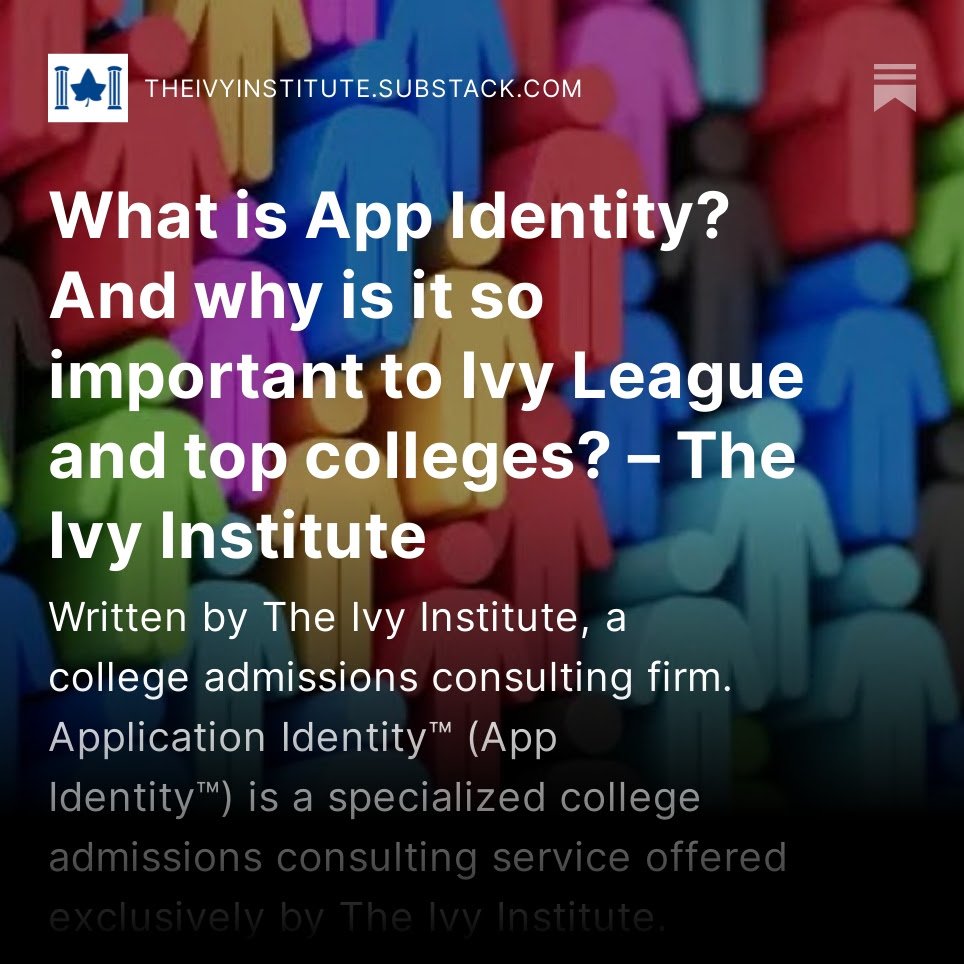Do college admissions officers look at students’ social media pages?
Social media has a big impact on how we present ourselves and has become an essential aspect of our lives in the digital era. The question of whether or not college admissions staff look through high school applicants' social media profiles has grown to be a major question and concern for teenagers starting the process of applying to colleges. Yes, in a nutshell, admissions officials do, in fact, look at publicly accessible social media accounts. However, given the volume of applications they get and the time limits, it is improbable for every candidate. We will go into the topic of college admissions officials and their usage of social media in assessing applications in this extensive post. We'll go through the various motivations for their interest, the degree of inspection required, the privacy considerations, and the best ways to keep a great internet reputation during the college application process.
Over the last ten years, social media has radically altered the landscape of college admissions. Initially, the main criteria used by admissions staff to evaluate candidates' qualities were their academic records, essays, reference letters, and extracurricular activities. Admissions officials saw the opportunity to learn more about candidates' personalities, interests, and habits beyond what the standard application papers could reveal as social networking sites grew in popularity.
College admissions personnel really want to get to know the people who apply to their schools. Social media may provide a window into a prospective employee's life by exhibiting their interests, successes, and even possible red flags. It is important to remember that not all universities participate in this practice, and those that do might take different approaches. Due to their limited acceptance capacity and want to guarantee they admit well-rounded and competent individuals, smaller, more selective schools may be more likely to undertake a "web check."
There are moral concerns about fairness and privacy raised by the use of social media in college admissions. Others believe that it is a violation of privacy for admissions personnel to look into candidates' personal life outside of the context of their application, despite others arguing that social media accounts are public information. Furthermore, there is a legitimate worry that social media screening might bring biases into the admissions process.
While it may be unsettling for some students to imagine admissions personnel undertaking in-depth social media screening, it is not feasible for universities to go into every applicant's online presence. Admissions officials often get a high number of applications, which makes it difficult for them to spend a lot of time on each applicant's social media presence.
The admissions process is very competitive for universities with low acceptance rates, and for these colleges, admissions officials may be more inclined to review the social media accounts of selected applicants. The aim is to ensure that there are no problems or contradictions between the applicant's web presence and their application.
Students are advised to keep their social media presence as quiet as possible given the potential influence of social media on college admissions. Only connections who have been authorized may read their postings and activity thanks to this stage. Candidates should also be careful with the material they upload, making sure it presents them in a favorable and professional manner. Students must understand that their social media posts might have long-term effects in the age of oversharing on these platforms. Even if a candidate's social media presence isn't specifically looked at during the admissions process, postings that use offensive language or engage in detrimental activity might later haunt them.
Students must understand how their social media presence affects their chances of getting into college and other outcomes. It is quite difficult to completely delete previous postings in the era of digital traces. Students should utilize social media as a tool to positively highlight their passions, accomplishments, and character. Students should actively participate in developing a favorable internet reputation that complements their college application. Posting about a candidate's academic success, engagement in the community, and significant events may highlight their enthusiasm for learning and personal development. And to be extra cautious, we recommend that students keep their profiles “private” throughout the process, and perhaps create a LinkedIn page, instead, to positively showcase work and accomplishments.
Students should stay real and sincere while also being aware of the stuff shared on social media. Instead of presenting a highly managed picture of who they believe universities want them to be, admissions staff favor students who express themselves honestly and demonstrate their actual selves.
Even though college admissions personnel have access to public social media accounts, they do not have the time to thoroughly examine each candidate. Targeted social media screenings, however, could be increasingly common at prestigious universities, as they are far more careful in who they extend one of their limited acceptance letters to. Students are encouraged to keep their social media accounts secret and to use caution when sharing information in order to safeguard their privacy and provide a professional image online.
(Not to mention, the many stories we hear of students “reporting” their peer’s social media pages to colleges in hopes to get a leg up themselves; in this case, it doesn’t look favorably upon either student, but it does happen.)
Social media is simply one of several factors that might affect an applicant's chances in the complex college admissions process. Students may improve their chances of being accepted into their favorite institutions by being aware of their online presence and utilizing social media as a platform to highlight their interests and achievements.

